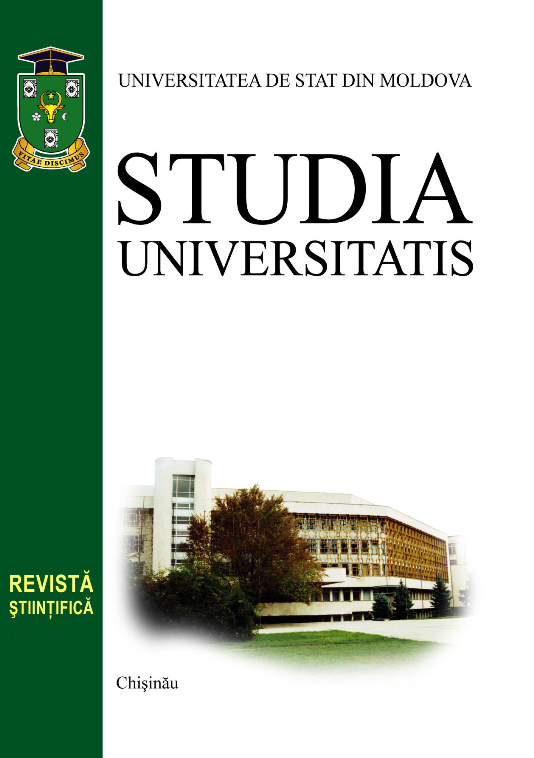VIZIUNE RETROSPECTIVĂ ASUPRA INSTITUŢIEI LIBERĂRII DE PEDEAPSA PENALĂ
Ion TIPA Catedra Drept Penal şi Criminologie
Rezumat
In the present article we have analysed the specific features of damages for breach of contract. Most systems of law impose some requirement as to “certainty” of damages. The general approach is that the degree of uncertainty may be a ground for reducing the amount recoverable. The principle of foreseeableness determines the extent of contractual liability: a debtor who is not guilty of “fraud” is only liable for damages which he foresaw or which he could foresee at the time of contracting. The limitation of liability to “direct” damage must be kept distinct from that to foreseeable damage. Even a debtor who is guilty of fraud and, thus, liable for unforeseeable damage is not liable for damage which is “indirect”. Where the debtor is not guilty of fraud, the requirements of foreseeableness and directness must both be satisfied. Directness imports a requirement of causation.


